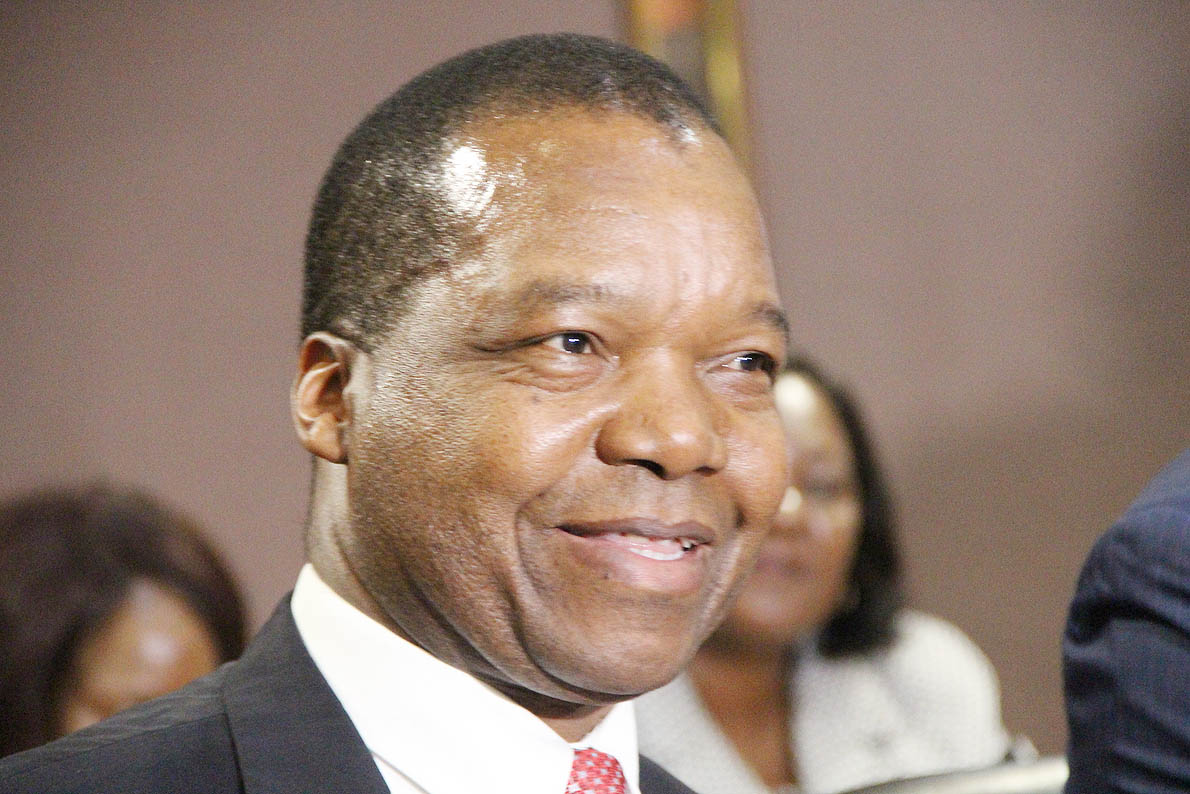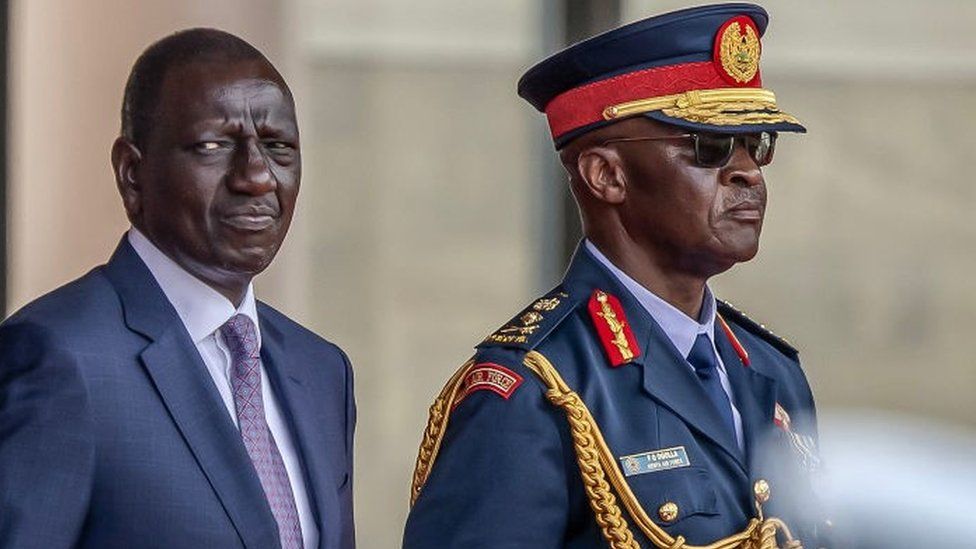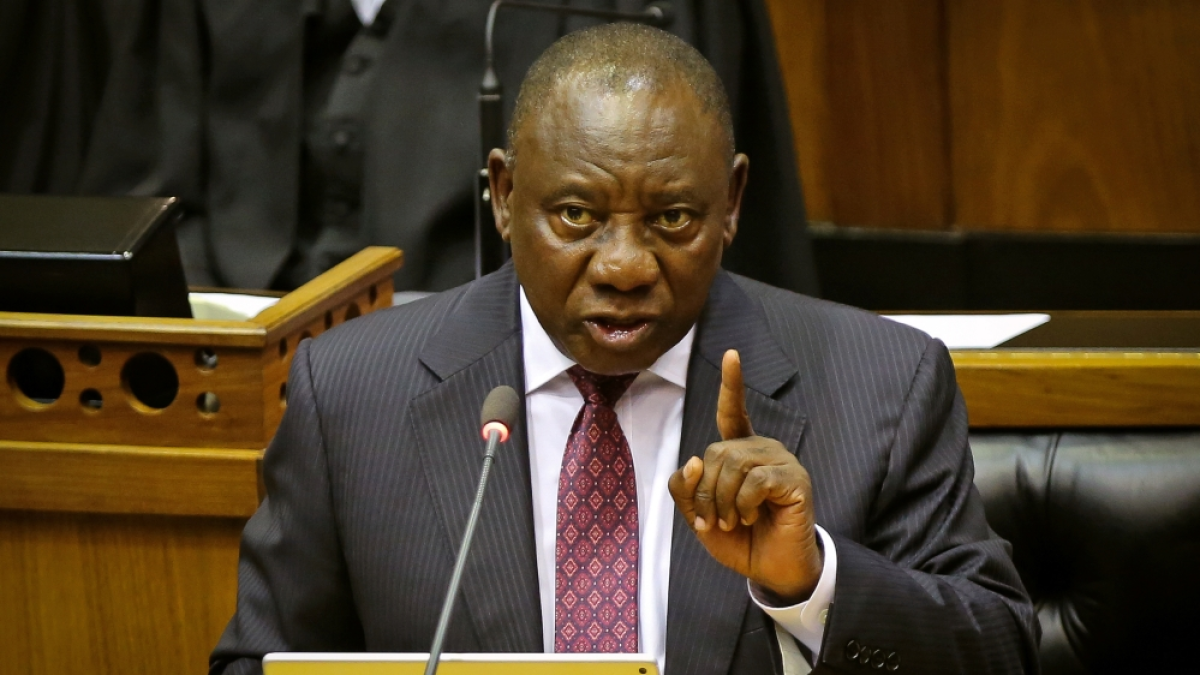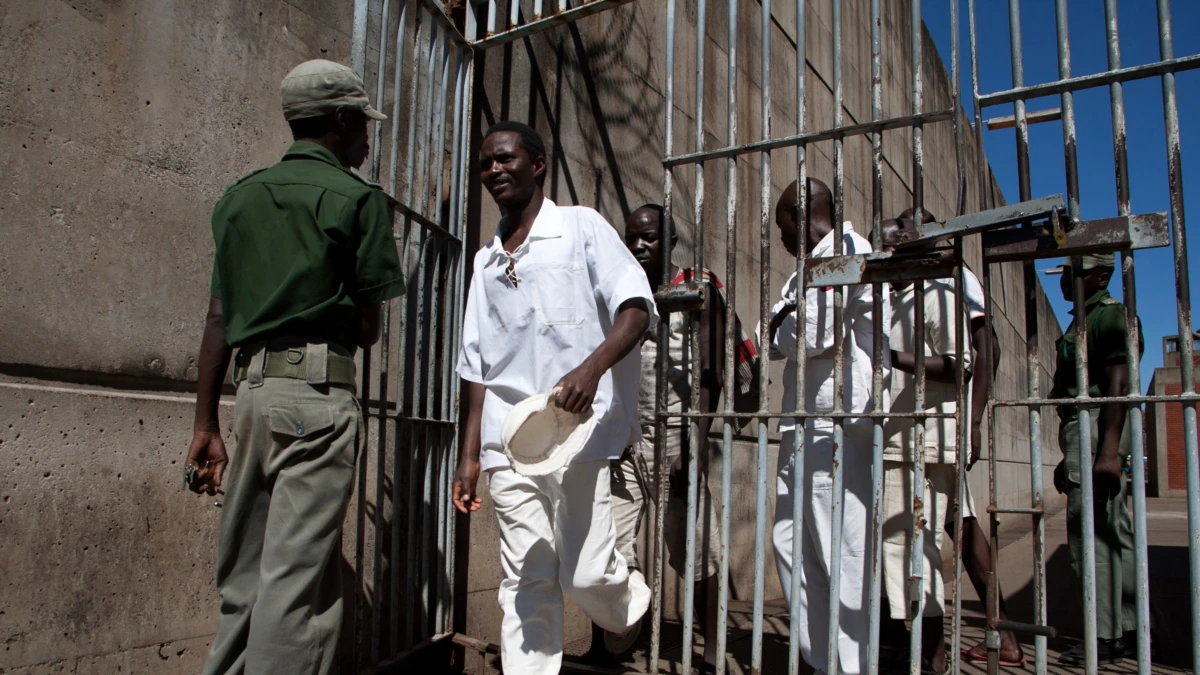HARARE – Zimbabwe’s central bank said on Friday it had raised its overnight borrowing rate from 50 percent to 70 percent after a surge in inflation and a steep fall in the domestic currency.
Zimbabweans face triple-digit annual inflation as the government has taken steps to relaunch a national currency.
Central bank governor John Mangudya said in a monetary policy statement that increasing interest rates would stabilise inflation, last published at 175 percent in June, and ease pressure on the exchange rate.
The bank renamed the interim RTGS currency the Zimbabwe dollar on June 24, since when it has lost 51 percent of its value to trade at 12.8878 to the U.S. dollar on Friday, according to central bank data.
“The bank expects inflation to start declining after the current high inflation cycle ends, as attested by ebbing exchange rate depreciation pressures, following the removal of the multicurrency system,” Mangudya said.
The central bank added that it was introducing dollar-denominated savings bonds with a three-year tenor and an interest rate of 7.5 percent to try to stimulate greater saving.
Zimbabwe’s finance minister on Wednesday announced the appointment of a monetary policy committee at the central bank as part of a set of reforms aimed at removing economic distortions and boosting confidence in policy-making.
President Emmerson Mnangagwa’s government has taken steps to cut the budget deficit, remove subsidies on fuel and power and repeal laws curbing public and media freedoms, but those reforms and austerity measures have compounded ordinary people’s hardships. – Reuters















